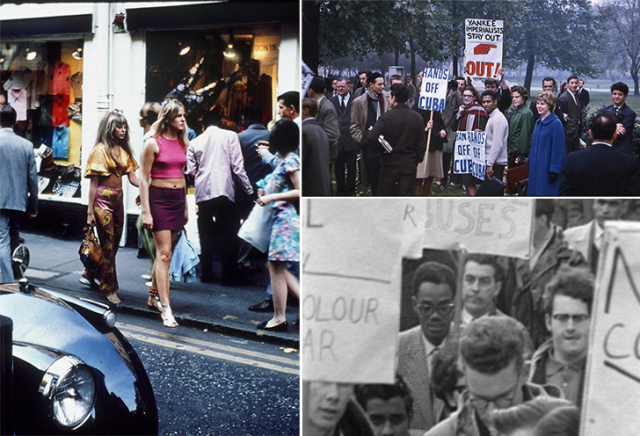What Have Historians Been Arguing About... youth culture?
Teaching History feature

For such a boldly iconoclastic work, the Key Stage 3 textbook A New Focus on ... British Social History, c.1920–2000 (2023) provides a disarmingly conventional account of youth in the 1960s as ‘mostly better educated and informed than their parents had been at their age [and able] … to find work and to earn good money … Many young adults were keen and confident to challenge what they saw as the mistakes of the older generations.’ It echoes the 1967 Latey Report on the age of majority:
Young people today, as the old never tire of remarking, are not what they were. They are largely literate and educated; they are far better off financially and far more independent of their parents; they are taught to think and enquire for themselves and mostly do so; and their experience of life is wider.
Yet while popular accounts of baby boomers are strikingly consistent from the sixties to the present, academics have become less convinced that there was much that was novel, cohesive, distinctive or radical about post-war British youth...
This resource is FREE for Secondary HA Members.
Non HA Members can get instant access for £2.49

